Ohio nonprofit offers Bible education during public school hours
Part 1 of a limited series about Ohio-based LifeWise Academy.
OHIO – If LifeWise Academy has not yet come to your public school district, the odds are good someone is currently working to introduce it in the near future.
Headquartered in Hilliard, Ohio, the nonprofit that brands itself as providing Bible education to public school students during school hours has rapidly spread from two schools in Ohio to more than 600 schools in 31 states since it launched in 2019.
Joel Penton, founder and CEO of LifeWise Academy, estimates it will soon be confirmed in 40 percent of all school districts in Ohio. The organization is working to replicate this success across the country and reports national enrollment at 36,574 students.
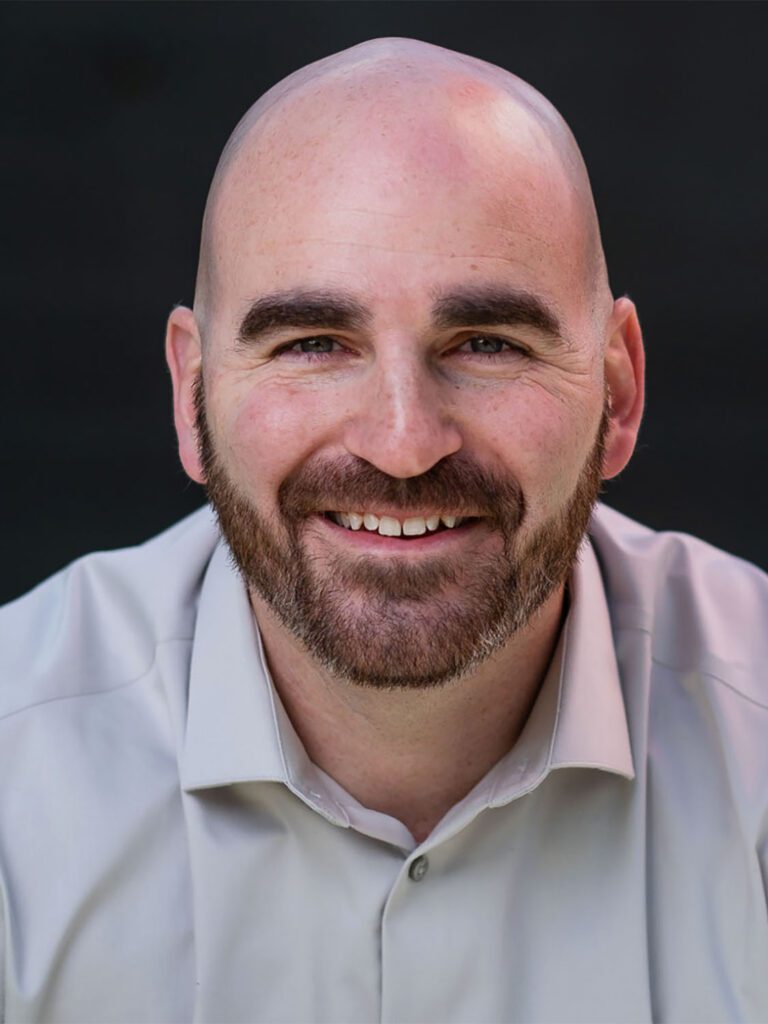
“We’re investing heavily to build out capacity to grow to bring LifeWise to the nation,” Penton stated in the Lifewise “State of the Ministry” report for November 2024.
If you are scratching your head and wondering how Bible education during the public school day is possible, here is the condensed pitch shared by proponents of LifeWise:
In 1952, the Supreme Court ruled that students can be released from public school during school hours to attend religious classes. This is known as released time for religious instruction (RTRI), and 26 states have an RTRI law on the books. Ohio passed its RTRI law (Revised Code 3313.6022) in 2014, giving local school districts the option to develop these policies.
The Supreme Court ruling stipulated that programs must meet off school property, be privately funded and can only be offered with parental permission. The Ohio law requires parents to provide written consent for participation and states that no public funds may be expended and no public school personnel may be involved in providing religious instruction.
Until recently, RTRI was used on a limited scale by small, local programs. Penton, a former OSU linebacker and self-described “nonprofit entrepreneur,” learned about one program that was operating successfully in his hometown of Van Wert and developed the idea of creating a “plug-and-play” model that could easily be replicated in other public school districts.
For supporters who want to bring school-day Bible classes to their district, LifeWise lays out a 10-step process that begins with collecting 50 signatures and raising $500. Coalitions of local churches partner with LifeWise to provide funding, classroom space and volunteers. Large, branded red buses transport the children from school to churches and other off-site locations to study the Bible during the school day.
While LifeWise Academy is not affiliated with any one Christian denomination, its website says its teachings align with “historic, orthodox Christian beliefs.” Its curriculum is based on The Gospel Project, which comes from the publishing arm (Lifeway) of the Southern Baptist Convention.
The local proliferation of LifeWise & changes to RTRI law
In the metropolitan Toledo area, the program is currently enrolling elementary students from the Anthony Wayne and Perrysburg school districts, and it is in various stages of being introduced in virtually every other district in the region.
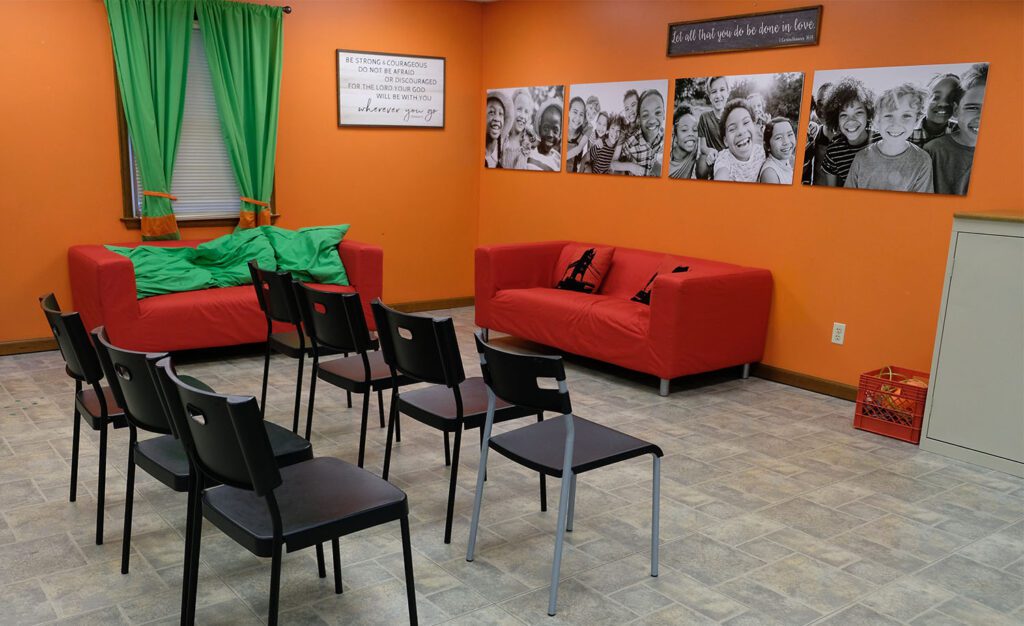
Current Ohio law says public school districts may adopt a policy that authorizes a student to be excused from school to attend an RTRI program. But that is soon expected to change, as state legislators passed a bill during the lame duck session this month that would make adopting an RTRI policy a requirement for all public school districts.
Gov. Mike DeWine is expected to sign House Bill 8 into law before the end of the year, clearing the way for programs like LifeWise to start up in any district with relatively few barriers. When similar legislation passed in Indiana, the number of LifeWise programs tripled.
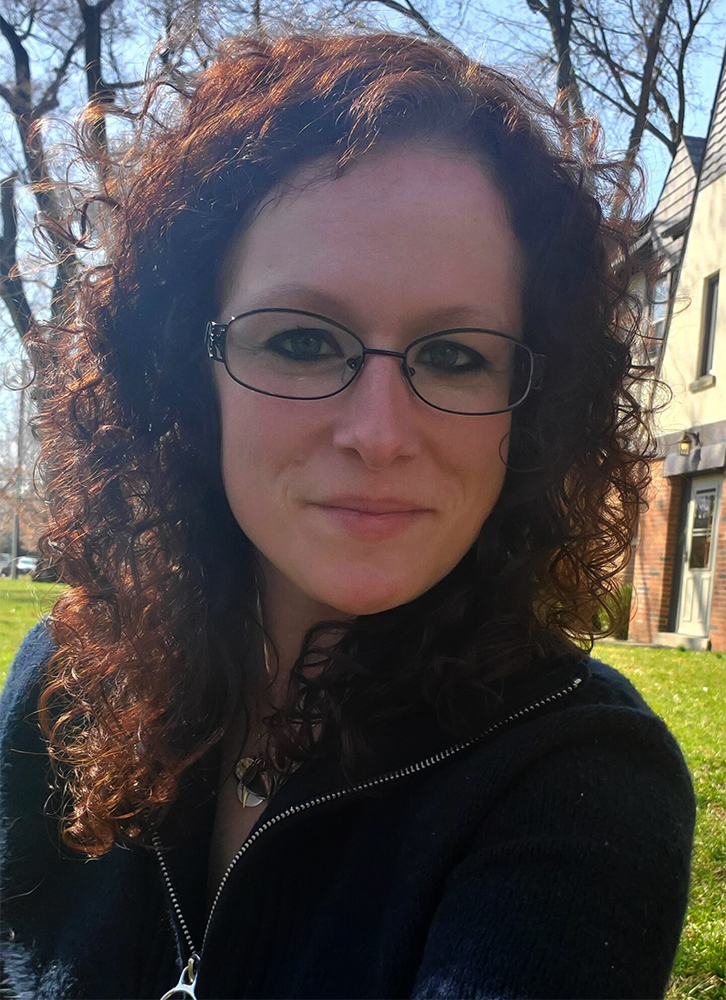
Rachel Coyle, policy director for Honesty for Ohio Education, said LifeWise representatives lobbied legislators to change the law when districts began rejecting LifeWise, or even rescinding their existing RTRI policies due to complaints and concerns about the organization.
Districts in Ohio that have rescinded RTRI programs due to issues with Lifewise include Huron, Westerville and Worthington. “There’s going to be some very angry parents in the districts where they have removed RTRI programs because they have seen them go poorly already,” said Coyle.
“Right now school boards and parents have the ability to determine that this is not a good fit for their district,” she added. “If passed, the law would require every school district to allow religious release programs in some capacity.”
In northwest Ohio, public school boards in Bowling Green and Sylvania have already blocked LifeWise Academy from entering their districts.
LifeWise proponents presented the program to the Sylvania Schools Board of Education and requested permission to operate in the district earlier this year. The meeting drew a larger crowd than usual, and included public testimony that predominantly came from residents opposed to the program.
On March 18, the Sylvania Board of Education ultimately chose not to adopt a policy to allow release time for religious instruction. Board members cited concerns about liability, disruptions to the school day and opening the door to other programs requesting excused absences. They suggested it would be more appropriate to offer the program after school.
“It’s not about whether we’re allowing LifeWise,” said Tammy Lavalette, board president. “It’s about whether we’re allowing any religious instruction program that wants to come in. And that could be at different times of day. It could turn into an even larger disruption.”
Public schools as a “mission field”
Why doesn’t LifeWise want to offer its religious programming before or after school?
Penton has described public schools as a “mission field” and and Lifewise supporters see public schools as a place to encounter families that aren’t coming to church on Sundays. According to the Lifewise website, its vision is “To reach unchurched public school students with the gospel through a replicable released time religious instruction program.”
Coyle said several school boards in Ohio have attempted to work with LifeWise on setting up a before or after school program, to no avail.
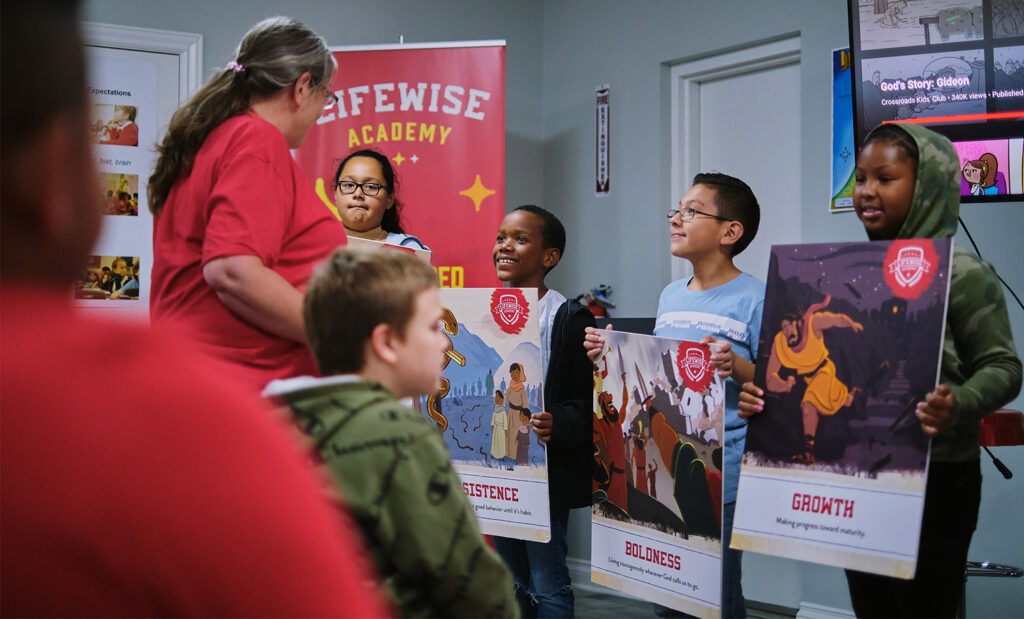
LifeWise programs are typically held during lunch and recess or during “specials” classes such as art, music, gym and library. In some Ohio districts, the number of children attending LifeWise is so large that schools have replaced a class with a study hall because so few students are left behind.
Coyle said this means students who don’t participate in LifeWise are missing out on classroom activities, too. “So, we see the goal being to disrupt the public school day,” she said.
Critics have also accused LifeWise of rewarding students for attendance with candy and other treats and boosting enrollment by offering incentives for students to recruit friends to attend. While LifeWise proponents claim the program promotes character education and improves mental health, others counter that LifeWise is abusing release time for religious instruction policies.
“It’s absolutely true that RTRI has existed for some time,” said Coyle. “But the disruption has only been caused by this new group.”
With passage of House Bill 8 likely, Coyle said the next step for Honesty for Ohio Education is to develop a sample policy to help districts think through all the potential issues that may arise.
Many unanswered questions remain about the details regarding RTRI programs. How can districts ensure people taking kids out of school for religious education have been properly vetted with background checks? Who is driving the buses that transport the children off site for class, and have they received proper training? Do the facilities where classes are held need to have supplies such as epinephrine injection devices and fire extinguishers?
There are dozens of basic everyday things parents should be asking that the bill does not require the districts to do, but then the district would have to do that on their own for these policies.
Rachel Coyle, policy director for Honesty for Ohio Education.
School districts might want to define how often programs can remove students, or require programs that remove students during lunch to feed the the children. Coyle said there could also be a defined process for “kicking out” programs for violations, such as repeatedly failing to return students to school on time.
Larger questions are also raised by the lack of definition in terms of what qualifies as an RTRI program. “We absolutely are concerned about who else is going to attempt to use this to their advantage,” said Coyle. “Is there any kind of validation or accreditation that has to occur for someone to be a full religious release program? That kind of thing is going to be important as well for the local policies to have.”
The end goal is for districts to have thorough policies that keep children safe and minimize disruptions to the school day, according to Coyle. “It’s going to be every district having local parents come in to advocate, essentially, for what they’re going to end up with.”


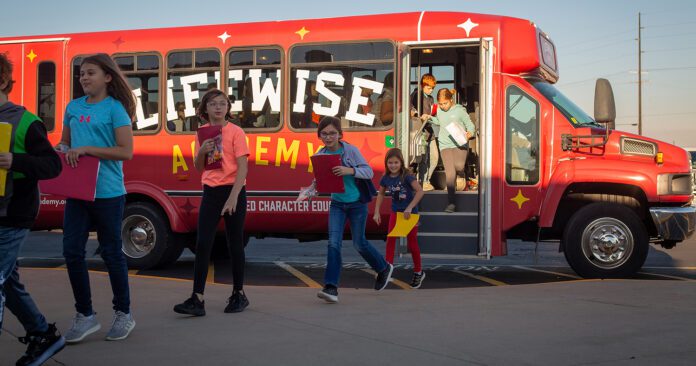


















[…] during the day to attend off-site religious instruction. School districts fear the goal here is to disrupt public schools to the point they can’t function, part of a campaign to undercut public […]